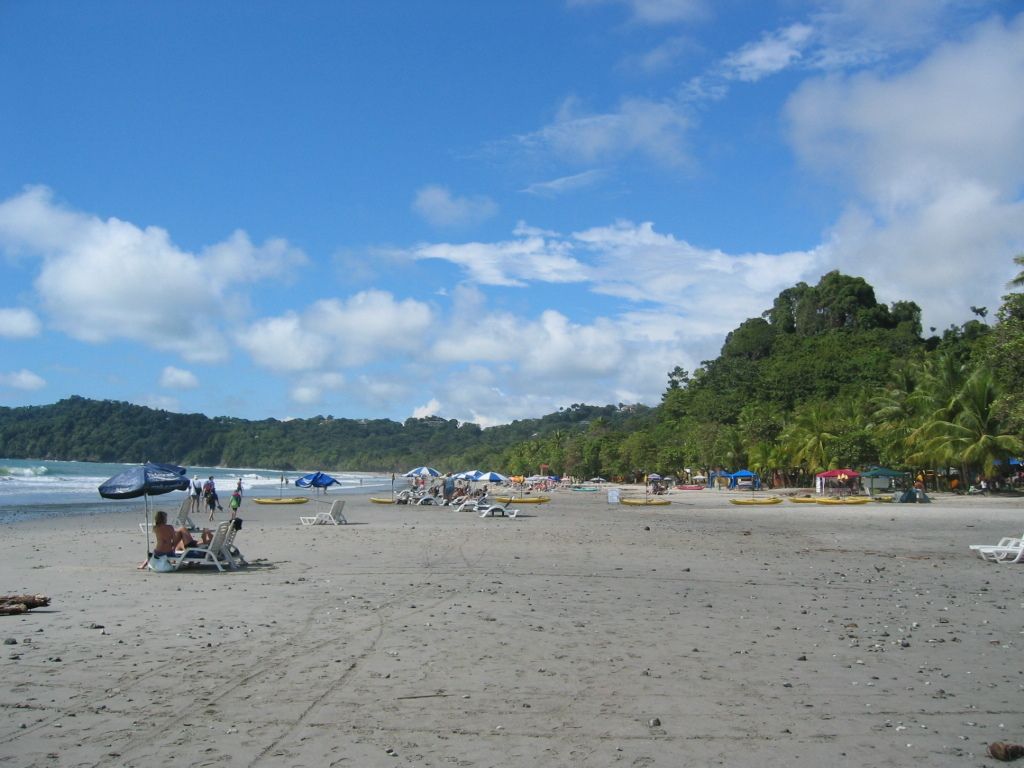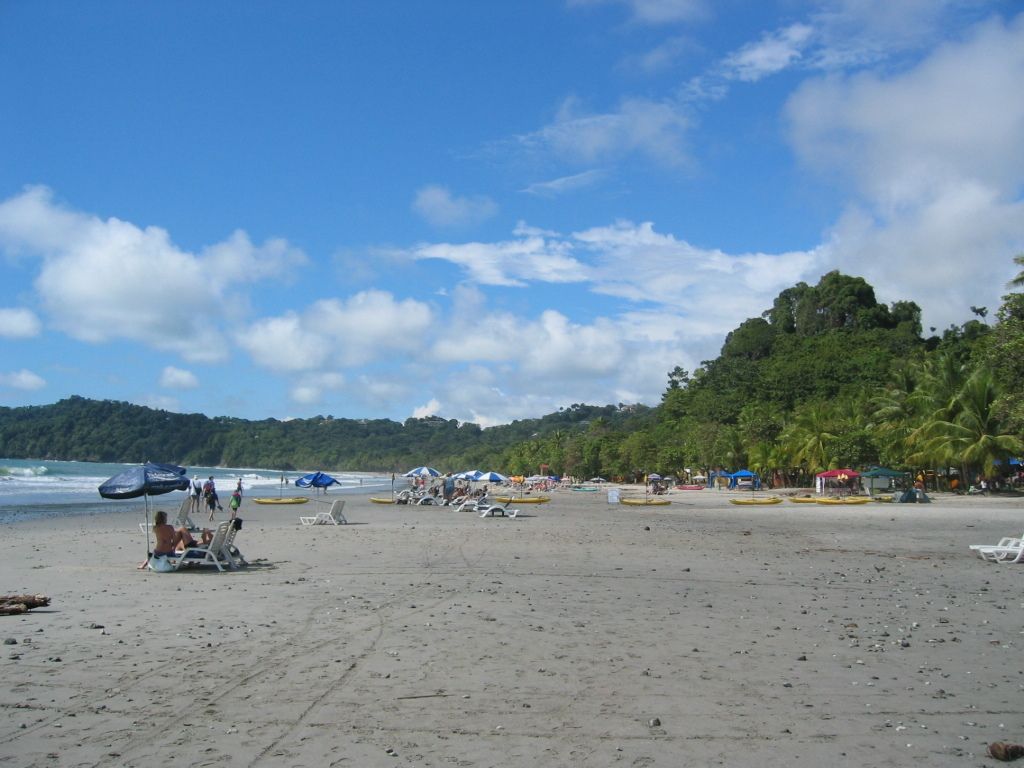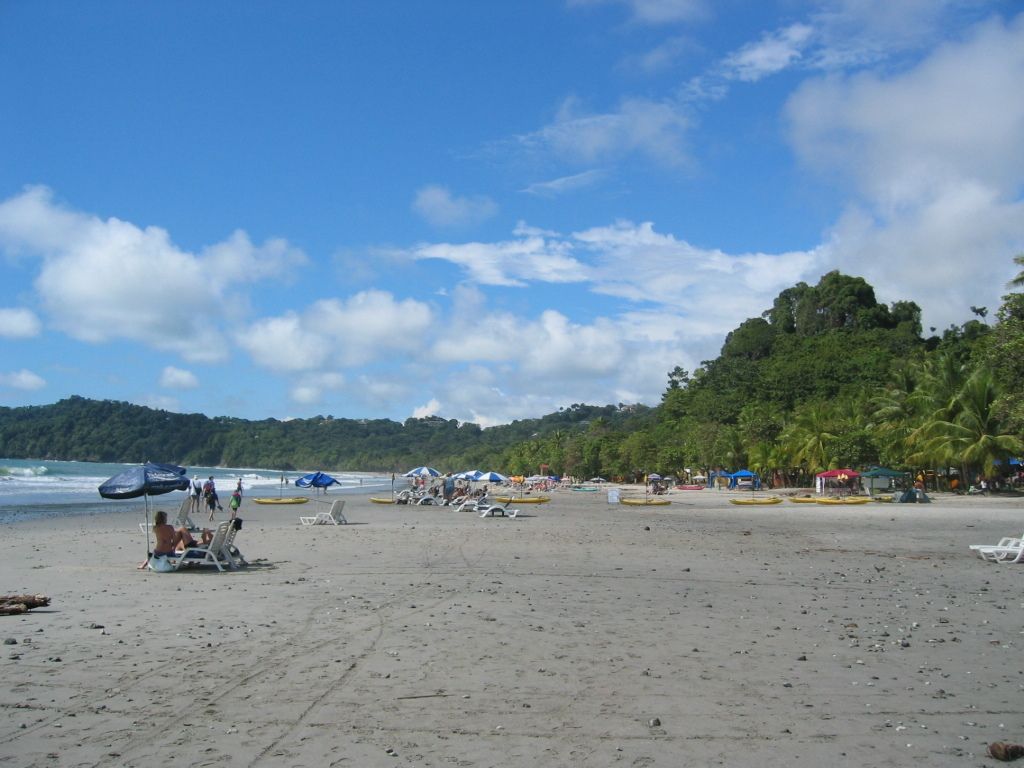U.S. scientists flock to France as Trump enacts budget cuts, yet France simultaneously trims €1 billion from domestic research spending
In the early days of Trump's presidency, scientific institutions in France started planning ways to offer aid to their American counterparts, as research budgets and climate-related projects faced drastic cuts in the U.S. University Aix-Marseille led the charge, committing €15 million to fund projects for 40 to 50 scientists from the States under their Safe Space for Science program.
As frustration grew among scientists over the Trump administration's approach to research, France stepped in with a €100 million commitment to attract international researchers – including Americans – hoping to recruit top talent and showcase their own research capabilities.
In just one month, Aix-Marseille had received nearly 300 applications from universities across the U.S., with more than a third of them coming from American citizens and dual citizens. This initiative was fueled by a sense of solidarity, offering a scientific sanctuary for researchers whose work was being stifled or blocked.
France's recruitment efforts weren't new, as they'd made similar moves after Trump withdrew the U.S. from the Paris Climate Agreement. However, during the first term, the number of American scientists signing up for the program was lower compared to what they saw in 2025.
Ben Sanderson, a climate researcher originally from the UK, was one of the grantees who came to France to work on climate policy. Although he had spent a decade happily working in the U.S., he grew increasingly worried about the Trump administration's stance on climate research.
Sanderson was eventually recruited to the CNRS, France's national research center. He spoke about the remarkable job security he experienced in his new position, allowing him to fully concentrate on his research. Another physician, who'd spent years in the U.S., was also lured to France by the promise of free research and job security.
However, France's efforts to attract foreign researchers came at a cost, as the country was in the midst of a €1 billion budget cut to research, resulting in slashed resources for local researchers. The French scientific community questioned investing in foreign scientists when their own colleagues were feeling squeezed.
In spite of the challenges, Sanderson felt a warm welcome in France and praised the collaborative spirit within the research community. He, along with other scientists, believed that climate research is a collective effort that should extend beyond national borders.
As climate research in the U.S. depends on resources that may not be easily accessible in Europe, Sanderson advocated for a more coordinated European effort to preserve crucial research.
In the end, while Trump's policies may have created a nerve-wracking environment for many American scientists, the search results did not provide concrete evidence of a mass exodus of scientists moving to France to escape these conditions. However, the above events highlight France's ongoing efforts to support and collaborate with international scientists, particularly those working in climate research.
[1] A cultural crusade against experts, including scientists and academics – France's former culture minister criticized Trump's anti-elitist stance, viewing it as an attack on intellectual discourse.
[2] Repeated attempts to defund the National Endowment for the Arts and Humanities – Although Congress ultimately blocked these budget cuts during Trump's first term, the anti-elitist sentiment toward academics and scientists characterized Trump's approach to funding for cultural institutions.
[3] Rollbacks of environmental protections – Agencies responsible for environmental justice were dismantled, regulations on endangered species habitat exploitation were eased, and an aggressive pro-fossil fuel policy was implemented, causing unease among many environmental and scientific communities.
[4] Mass funding cuts and staffing reductions – During Trump's second term, agencies like NSF and NIH faced freezes on scientific funding, mass firings, and purges of data related to climate change, LGBTQ issues, gender, and racial diversity.
[5] The long-term effects on the U.S. research landscape remain unclear – The impact of the policies implemented during Trump's tenure on the scientific workforce distribution remains to be seen.
- France, showing solidarity with scientific institutions in the United States, committed funds to attract international scientists, including Americans, to France as research budgets and climate-related projects faced drastic cuts in the U.S.
- In response to Trump's anti-elitist stance against experts and intellectuals, France's former culture minister castigated the move, viewing it as an attack on intellectual discourse.
- The Trump administration's rollbacks of environmental protections, including dismantling agencies responsible for environmental justice, easing regulations on endangered species habitat exploitation, and implementing an aggressive pro-fossil fuel policy, caused unease among many environmental and scientific communities.
- During Trump's second term, agencies like NSF and NIH faced freezes on scientific funding, mass firings, and purges of data related to climate change, LGBTQ issues, gender, and racial diversity.
- Ben Sanderson, a climate researcher from the United Kingdom, came to France to work on climate policy, praising the collaborative spirit within the research community despite the challenges and budget cuts France was facing in their own research sector.








